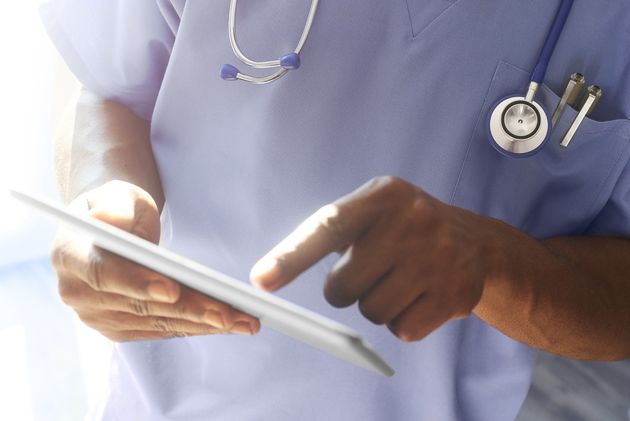The Vigicard project traces drug allergies by the blockchain


Cryptocurrency trading at minus the odds. However, the uses of blockchain technologies are not limited to this area. Tokenization is shaping up to be a profound revolution in finance.
In healthcare, the blockchain can also meet needs. The Vigicard project piloted by the Montpellier University Hospital aims to be an illustration of this. This is a mobile application for patients suffering from drug allergies.
Provide reliable data to practitioners
According to its architects, declared drug allergies concern 5 to 10% of the European population. Vigicard aims to improve the follow-up of the patients concerned. Come again? By allowing them, as well as non-allergist professionals, “to better identify, treat and manage drug allergies.”
“In fact, our goal is above all to avoid practitioners the second-line therapeutic prescription which is often less effective, or even more toxic, but especially when the allergy is proven to be able to give personalized advice,” says Doctor Anca Chiriac, allergist and co-leader of the project.
To track these allergies, the application uses the public blockchain. Reasons indicated“ “its qualities of immutability, traceability and timestamping, and because it simplifies interoperability.”The University Hospital has more particularly opted for the Tezos network, which is already very anchored in France.
Certificates registered on the Tezos network
The blockchain intervenes in a process aimed at registering evidence of allergy or immunity in the form of certificates. These then allow authorized health professionals to have access to the information.
The stored data is “reliable and time-stamped” and corresponds to a patient’s history. In terms of health, checking the accuracy of information is described as “particularly crucial.”
As for the choice of Tezos, it is justified by the “intrinsic characteristics of reliability, reinforced security and its energy-saving self-amendment protocol”. For Vigicard, it was also essential to guarantee the stability and durability of the application over time.
A clinical trial to demonstrate the usefulness of a decentralized solution
It should be noted that the health project has benefited from the financial support of the Tezos Foundation and the technical support of Nomadic Labs, its R & amp; D lab. For its adoption manager, Cédric Roche, Vigicard constitutes “a concrete application of the blockchain for the greatest number.”
The project is soon to be the subject of a clinical trial. This step is critical to allow it to realize other ambitions at European level. Vigicard plans to integrate a clinical decision support system for the management of drug allergies: CDSS
“Beyond the research, the clinical trial will make it possible to decide on the usefulness of a decentralized healthcare solution,” emphasizes Fabien Bucamp, co-founder of Codinsight, a provider involved in the development of the application.
“Indeed, health systems are facing enormous problems of interoperability and technological integration, so it is essential that the project is in line with these first-rate issues,” he says again.








